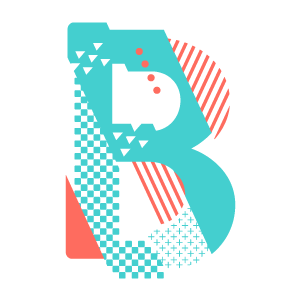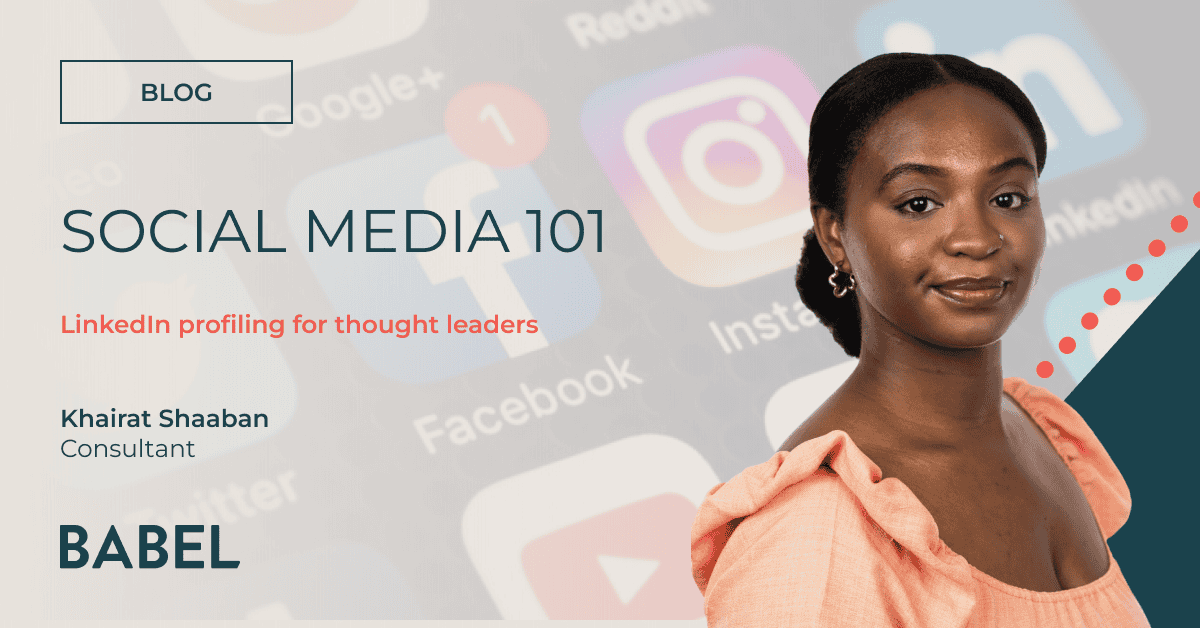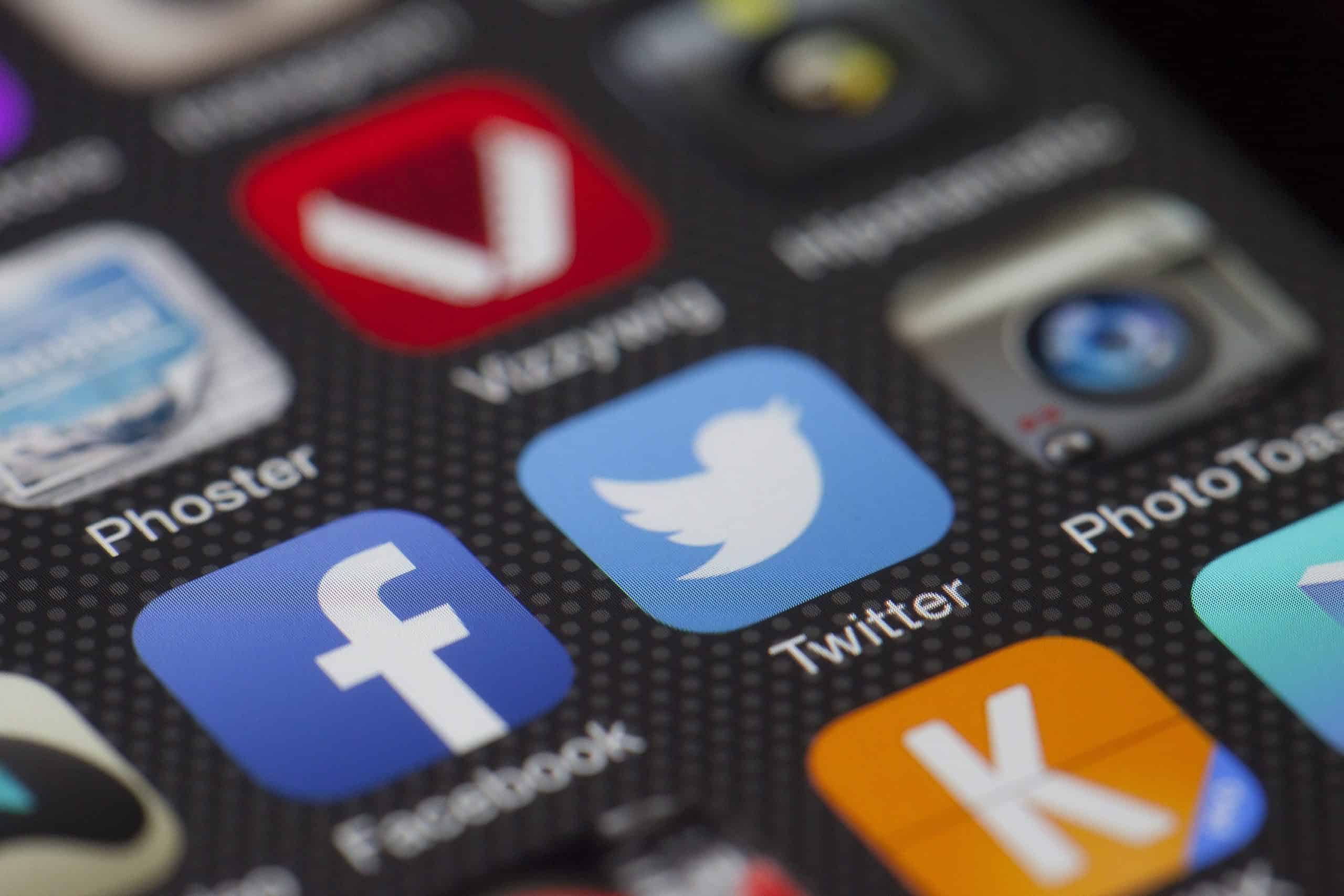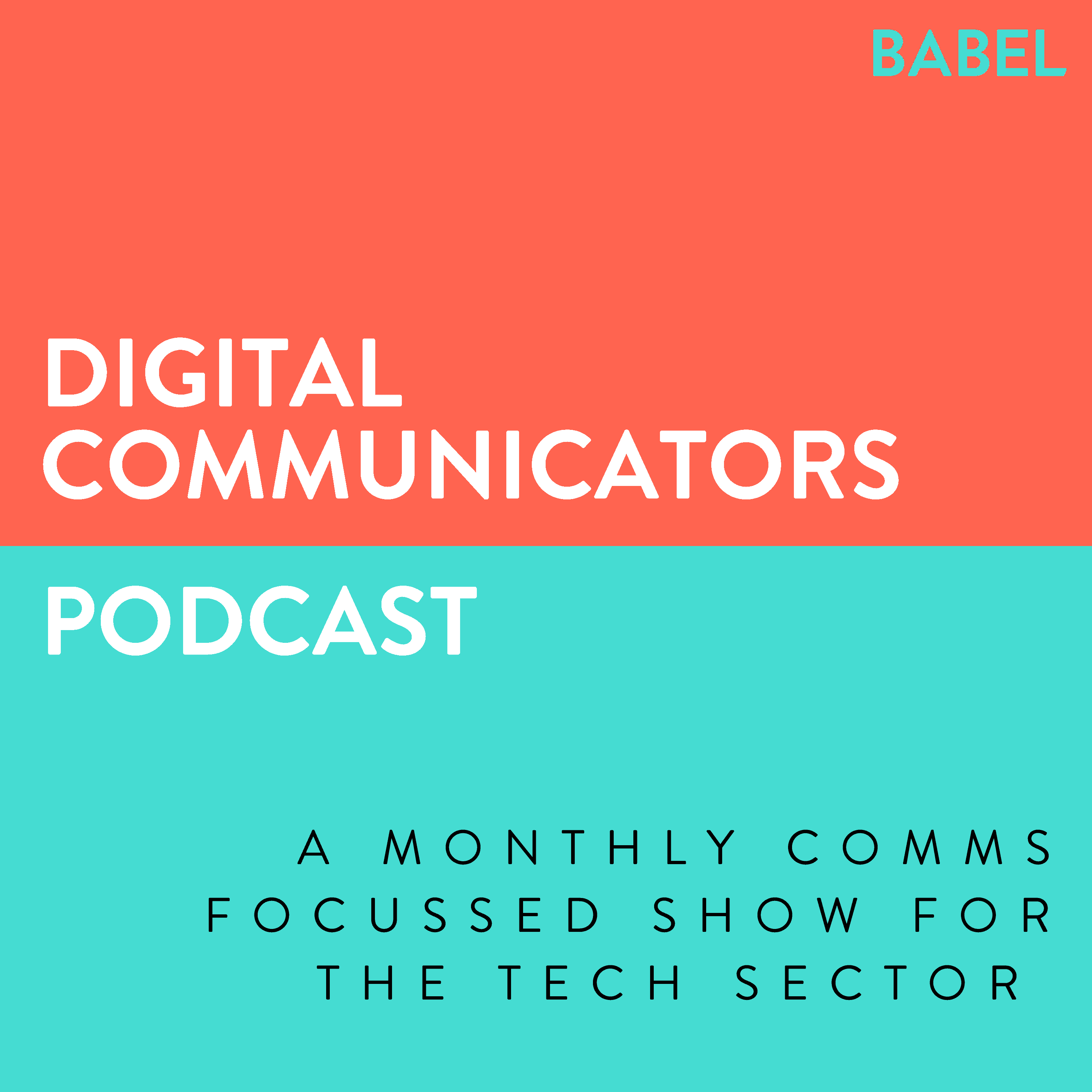Regulate social media, or risk endangering users
In my opinion, social media can be just as harmful as alcohol, drugs or crossing the road without looking both ways. Don't agree with me? Let's look at the facts.
A 43-year-old father recently live streamed his own suicide on a chatroom called Paltalk after being "bullied mercilessly" by internet trolls.
Over the past couple of years, Instagram has been rated as the worst social media platform for mental health, as it perpetuates and aggravates anxiety, depression, loneliness, bullying, body image and 'fear of missing out' amongst younger users.
Fake news continues to pervade Facebook, with the UK government calling for accountability from the tech giant after it has been shown that users' data has been manipulated and voters targeted without their knowledge via disinformation and hate campaigns.
Last year a Swedish model received rape threats on Instagram after posing in an advert with unshaven legs.
Should I continue?
The dangers of social media know no boundaries - regardless of your age, gender, nationality and personal circumstances, you're potentially at risk - from misinformation, harassment, bullying or unsolicited targeting. And right now, the social media platforms you're using every day, ten times a day, are doing little to protect you.
For political means
It's no surprise that Facebook has lost one million European users since the General Data Protection Act came into effect in May 2018. Fresh off the back of the Cambridge Analytica scandal, the social media platform is coming under fire after being lax with users' privacy and personal information. In a so-called 'crisis against our democracy', some British MPs are now calling for 'Fakebook' to take responsibility for the spread of fake news and misleading, harmful content on its site as interference from other nations has influenced our voting process. Bots and fake accounts are rampant, with users left wondering what the hell to believe (and most choosing to believe what they read on a credible and popular platform worth billions of dollars).
It's not just Facebook in the firing line either - Twitter's stock plunged 20% in July as the company is taking greater action to block fake and offensive accounts.
With Twitter and Facebook facing such backlash both reputationally and financially, you'd expect the social media giants to take more responsibility for the health of their respective platforms - and the consumers that use them. While admittedly their hands are being forced and the wheels of change have been set in motion, there are much more insidious and harmful incidents taking place on platforms such as Instagram.
When a stranger calls
When we were younger, our parents used to tell us never to talk to strangers. Unfortunately, the anonymity of social media means we don't really know who we're speaking to when chatting to fellow social media users online. And not everyone has the best intentions.
In 2015, a woman set up an Instagram account (@perv_magnet) to demonstrate the abuse, harassment and threats received by women on the platform. She reposted over 1,000 racist, sexist and sexually explicit comments that both she and other women have been unfortunate to receive.
It's notoriously difficult to report abusive DMs on Instagram, and if you go on to any community site like Quora or Reddit, the general consensus is that you will never hear back. Meanwhile users harassing women and/or men online continue to use the platform without repercussion or consequence.
Duty of care
The minimum age for users on Facebook and Instagram is 13. This frankly boggles my mind. If these platforms use the argument that they are not creators of content, but just publishers of users' content, then they surely need to take responsibility for the type of content being posted and the likelihood of a minor seeing or engaging with it. The age of consent in most countries is 16 or 18 (21 if you're in the US) - if a youth can't drink, drive, have sex or buy a knife until they reach one of these ages, then they shouldn't be left exposed to misinformation or potential harassment online. And it definitely shouldn't be so difficult to report issues and receive a response. Unfortunately, while most of our rules apply to the physical realm, the virtual is left unregulated, untamed and unknown.
While government definitely has a part to play in helping to regulate social media platforms, the platforms themselves need to be taking more responsibility and action rather than waiting for the proverbial s**t to hit the fan. They have a duty of care to their users in creating a safe and welcoming environment - something they all claim to do, but the evidence suggests otherwise. So here is my plea to the Zuckerbergs of the world - please exercise more caution and care for those people who made your platform what it is today. We're people, with rights and feelings - not something to be exploited for your own gain. A moral compass might not make money but integrity is priceless. Clean up your platforms, regulate users, or risk endangering your users. And you don't want to do that, right?







